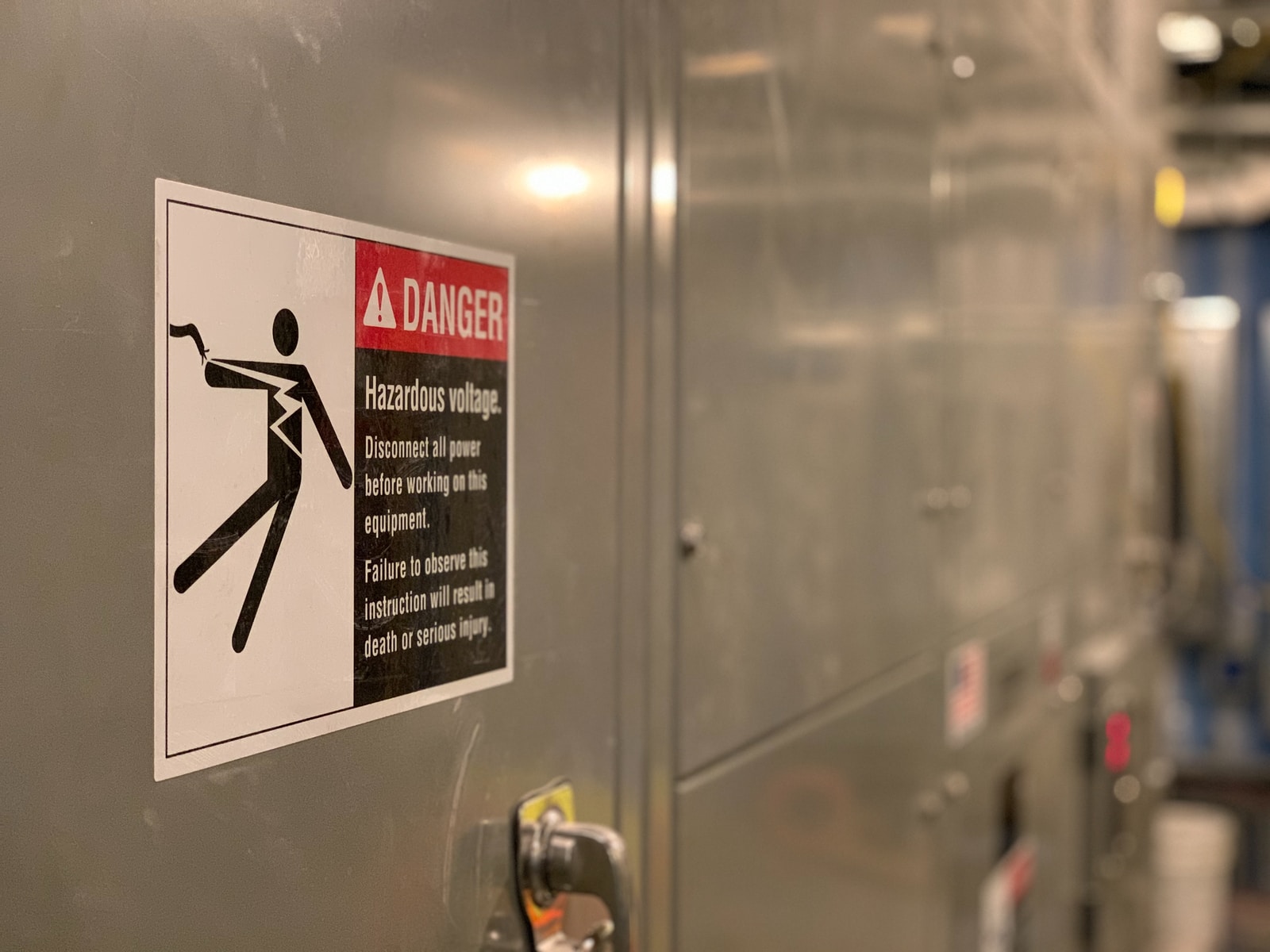The past two years have been challenging for everyone because of the pandemic’s stress and uncertainty. However, these were exceptionally trying times for people who were already struggling with mental health issues or dealing with addiction even before the pandemic.
The pressure and strain brought about by the pandemic, such as financial difficulties, isolation, loneliness, and general anxiety about the virus have taken their toll on people. On top of this, there are also fewer ways to manage the stress and limited access to healthier options that can be used to release the pressure, such as physical activities and social interactions.
This is why substance abuse or overdose incidents have spiked during this period as people turned to drugs and other substances to cope with their worries and fears. In 2020, there was an 18% increase in cases of overdose in the US compared to the previous year, and 13% of Americans claimed to have started or increased their use of substances.
Understanding the Disease
Up to now, there are still many misconceptions about addiction, with the most popular ones being that it is all about individual choices. However, scientific studies have proven that addiction is actually a disease that affects the brain and, as such, must be treated accordingly by a medical professional.
In simple terms, addiction is all about the effect of certain substances or activities on the area of the brain that processes feelings of happiness or euphoria. “Addiction can happen whenever a substance, behavior, or even a certain type of thought, for example, a powerful romantic fantasy or crush on someone, is effective at breaking into a person’s pleasure center,” says Kay White, Founder and Executive Director of Villa Kali Ma addiction treatment center.
When you do things that you enjoy, such as indulging in your favorite food or spending time with people you like, your body releases a hormone called dopamine. This is a type of neurotransmitter that helps your brain associate euphoric feelings with certain objects or activities, which would then urge you to seek the experience repeatedly.
As you replicate the experience, your brain starts to demand more of the same activities activating the pleasure center. That means that, over time, it will become more difficult to reach the levels of dopamine that you need in order to feel happiness or pleasure. The brain will also stop responding to regular activities that you used to enjoy, making you less interested in them and instead increasing your dependency on the activity that is still able to make you feel happy.
Types Of Addiction
Abuse of drugs or substances is not the only type of addiction that exists. Some cases of addiction have been attributed to specific compulsive and repetitive behavior like shopping, gaming, or gambling.
According to experts, addiction can be separated into two categories which are either chemical or behavioral. Chemical addiction is mainly about the loss of control over substance use, while behavioral addiction refers to repeated actions that you cannot stop yourself from doing even when it becomes apparent that they are harmful to you or to the people around you.
To check if you are already suffering from chemical addiction, look for telltale signs like intense cravings that cloud your judgment, dependency on a particular substance, withdrawal symptoms, or risky usage habits. In contrast, behavioral addiction is harder to detect and diagnose. However, there are still certain clues that would give it away, such as becoming irritable or anxious when quitting, keeping the behavior a secret from loved ones, spending an unusual amount of time on the activity, as well as continuing with the activity despite threat or harm to self, family, and relationships.
Recovering From Addiction
Since it is a medical condition, it is best to seek the help of doctors if you want to recover from an addiction. The process is not easy, and it takes courage as well as determination from the patient in order to succeed, but with the support of friends and family, healing is possible.
It starts with an acknowledgment of the addiction, plus a desire to step away from it. For most people, this is the hardest step to take because they are either in denial of what is happening or does not really recognize the symptoms that they are exhibiting. But this is also the most critical step because it ensures the patient’s full cooperation.
A strong support system is then needed to help you through the treatment process. You can choose to seek help from a close friend or relative or find a professional who can make you feel safe. Your support system should be able to provide you with the resources you need while undergoing treatment.
Identifying and addressing the main cause of the addiction is important as well. In most cases, the addiction is a consequence of a deep-rooted problem that, if left unaddressed, will likely hamper the recovery or cause a rebound in the future.
Finally, look for a treatment facility that can formulate a comprehensive treatment plan that you are comfortable with. The rehabilitation process will require you to make changes in your lifestyle and habits that may be difficult to accept in the beginning, but with the support of a competent medical team, you will have better chances of recovery.


